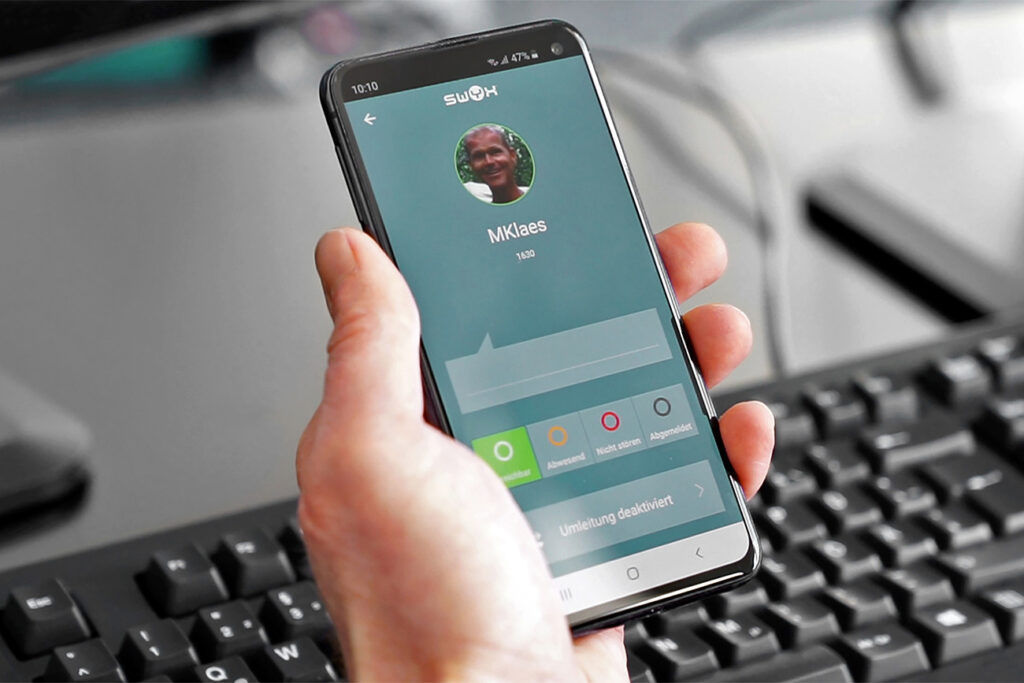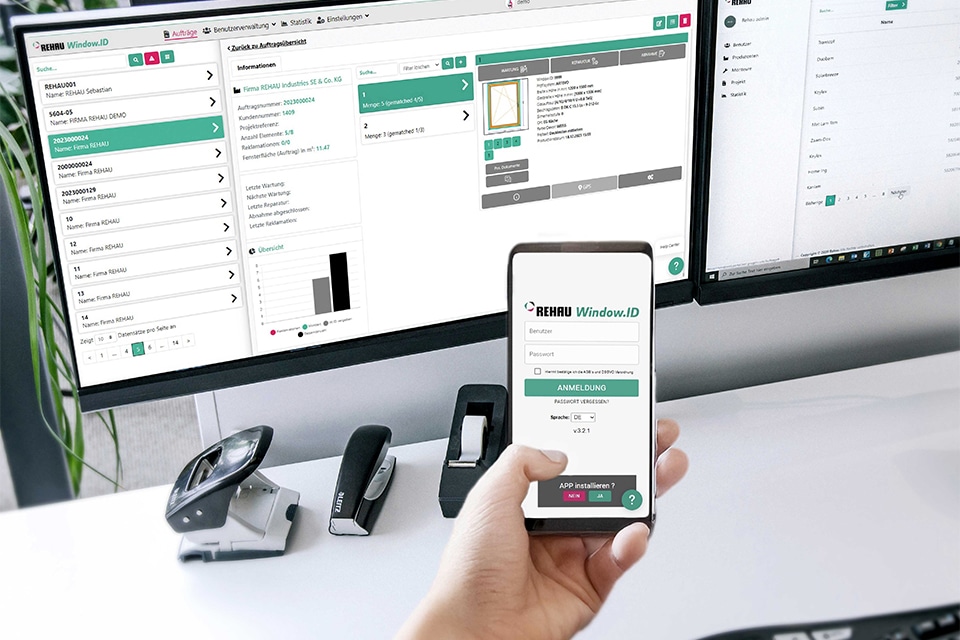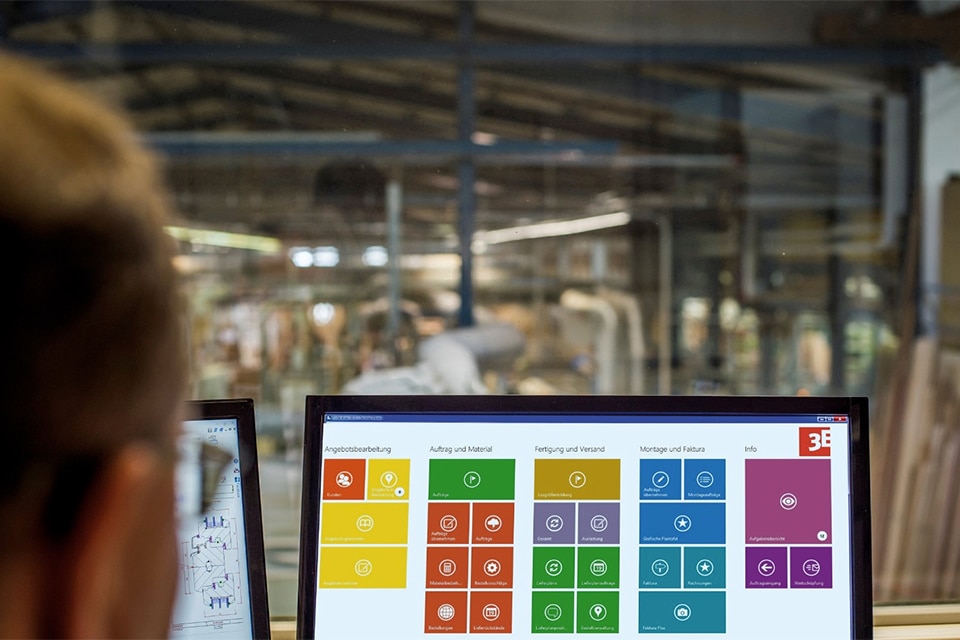
Is everything secure? Avoid the dangers of digitization
Digitization creates opportunities, but it also brings dangers. Trojan horses, remote mobile working, legal regulations and even smartphone "texting" present challenges one by one, for which companies must seek solutions in addition to their actual work. However, there are plenty of solutions and opportunities to protect IT systems, which means every firm should be secure from outside cyber attacks. At the same time, proper systems also provide new ways of working and support the fast and efficient organization of business processes.

Backups
When it comes to storing (backing up) data, there are two important aspects. One of them is being "supplanted" by default. Obviously the data must be available somewhere in the first place, but a much more important question is, how quickly can that data actually be reused. Clearly, conventional storage systems are less efficient here than backups in the cloud. Even if the medium used is readable, one will be able to get back up and running faster if the data is stored somewhere online. In this way, the data is also stored "out of the house" and creates the possibility of easy mobile working.

Firewall and antivirus software
These two components should make the interface with the Internet as secure as possible, but obviously should not slow down day-to-day operations. The "all-in-one routers" often used do not meet the requirements of the GDPR, and passive systems are often too slow to provide protection against viruses, spyware or malware. Actively managed firewalls and antivirus software are always updated with the most current information regarding potential threats and are therefore the safest solution. However, humans themselves are the biggest security risk factor, as 96 % of attacks come via mail, and even the best technology cannot intercept them all. This is why awareness is also a GDPR obligation, as one click can be one too many.
Archiving of mail traffic
First the bad news: Outlook directories are NOT allowed for archiving. But all mail with "business" status must be kept according to the GPDR standard, and preferably in an equal or better format, i.e. more readable by digital systems. Printing and storing the mail is not an option. There are only two possible solutions: archive the mail traffic with special hardware or with a high-performance document management system - a DMS system.

Operating System
Using up-to-date operating systems is nice. But it's also an obligation, because following GPDR guidelines, all security updates must be in place, preventing personal data from being lost due to malicious software. Add to that the updates to the software packages used, and there may well be a queue of updates. Professional patch management will put an end to annoying update messages while ensuring greater security and stability in the IT system.
Personal data
In the corporate network, the protection of personal data is usually guaranteed. For this purpose, the "ports" on mobile end devices are very often wide open. However, the same legal requirements apply to smartphones and tablets used for business purposes. Users must ensure that personal data of customers and other business partners does not fall into the "wrong hands. Therefore, apps, such as WhatsApp, that access contact data and store the data outside the EU are not allowed. Or one must secure that data using a special "Security Container.

Conclusion
Companies can hope, that it never happens to them. But the potential penalties for violations of legal requirements in this area are very severe. The complete shutdown of a company's operations after a cyber attack, for example, usually hurts more than any "ransom" demanded. However, all problems can be easily avoided by working with a skilled IT partner.




